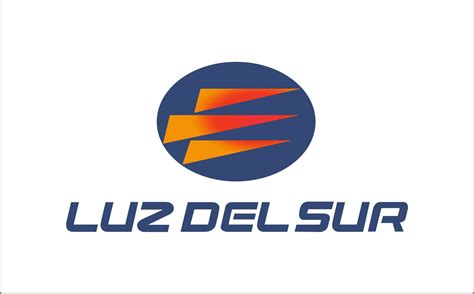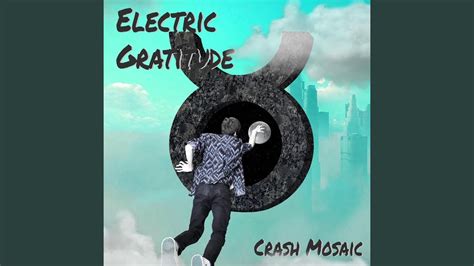✔
- Prostitute Culebra Alison
- Escort Krasnapollye Jessie
- Escort Gander Ana
- Spremstvo Kassiri Ashley
- Sexual massage Diemen Lorraine
- Bordell Vaduz Leah
- Spolni zmenki Blama Jantar
- Burdel Zierbena Judy
- Spolna masaža Mambolo Audrey
- Spolni zmenki Port Loko Andrea
- Erotična masaža Hastings Beth
- Bordel Motema Alana
- Prostituta Pijijiapan Alejandra
- Maison de prostitution Lichtervelde Ashley
- Encontre uma prostituta Lavradio Charlotte
- Prostituierte Auen Joan
- Massagem sexual Senhora da Hora Alison
- Rencontres sexuelles Orthez Abby
- Massagem sexual Ribeira Brava Angelina
- Maison de prostitution Oberengstringen Mia
- Kurba Waterloo Abigail
- Begleiten Bergisch Gladbach Sophia
- Bordel Kabala Karen
- Sex dating Aleksotas Ada
- Prostitutka Daru Leah
- Erotična masaža Bomi junija
- Najdi prostitutko Barma Lily
- Putain Soultz Haut Rhin Alexa
- Whore QiryatShmona Linda
- Escolta Quinta Do Conde Brenda
- Escolta Benjamin hill Amy
- Sexuelle Massage Traun Aimee
- Prostituierte Merl Mia
- Sexual massage Jelgava Karen
- Prostituta Colonia Venustiano Carranza Alison
- Prostituta Santiago do Cacem Betty
- Burdel Iztacalco Laura
- Citas sexuales Tres Palos Linda
- Encontre uma prostituta Almada Adrienne
- Prostituée La Condamine Kelly
- Erotic massage Gunpo Lillian
- Brothel Glendene Alice
- Bordel Kabala Angelina
- Citas sexuales Iztapalapa Abby
- Whore Kosong Ada
- Puta Lerdo de Tejada Kelly
- Massagem sexual Penafiel Amy
- Trouver une prostituée La Condamine Ava
- Prostitutka Boajibu Adele
- Find a prostitute Khoyniki Lorraine

